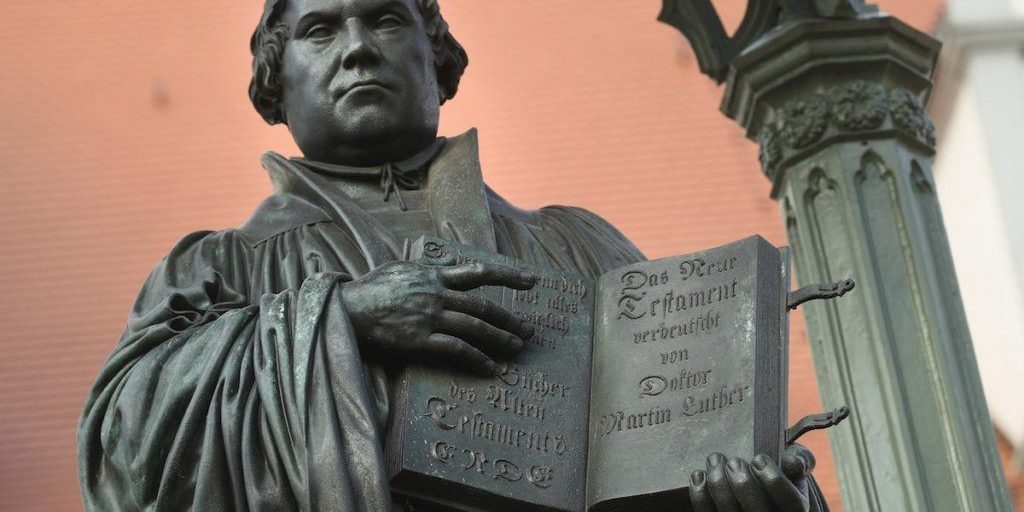
The Five Solas: Sola Scriptura
Thomas R. Schreiner, Carl Trueman, Matthew Barrett, Stephen Wellum, and David VanDrunen all came together to discuss the five solas of the Reformation at Southern Seminary’s Theology Conference, sponsored by Zondervan. Credo Magazine will be sharing one message a day as Reformation Week quickly approaches.
Historians and theologians have long recognized that at the heart of the sixteenth-century Protestant Reformation were five declarations, often referred to as the “solas”: sola scriptura, solus Christus, sola gratia, sola fide, and soli Deo gloria. These five statements summarize much of what the Reformation was about and they distinguish Protestantism from other expressions of the Christian faith. Protestants place ultimate and final authority in the Scriptures, acknowledge the work of Christ alone as sufficient for redemption, recognize that salvation is by grace alone through faith alone, and seek to do all things for God’s glory.
Sola Scriptura Presented by Matthew Barrett
Five hundred years after the Reformation, we need to recover these truths and restate them for a new generation. As James Montgomery Boice once said, while the Puritans sought to carry on the Reformation, today “we barely have one to carry on, and many have even forgotten what that great spiritual revolution was all about.” In this series, you’ll travel back to the Reformation and learn where these rallying cries first emerged, examining the historical, biblical, and theological roots of the solas. Then you’ll learn how they are relevant today and how to apply the solas in a fresh way in light of many contemporary challenges.

